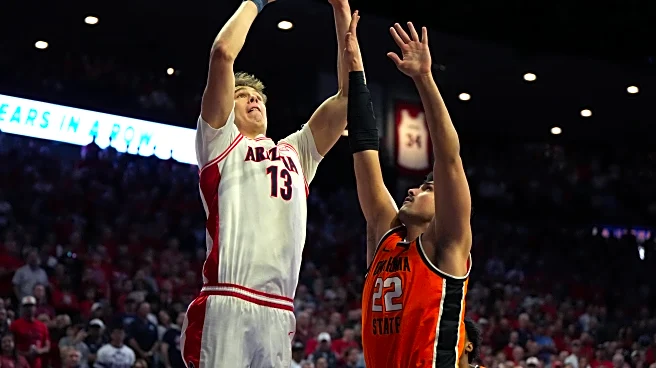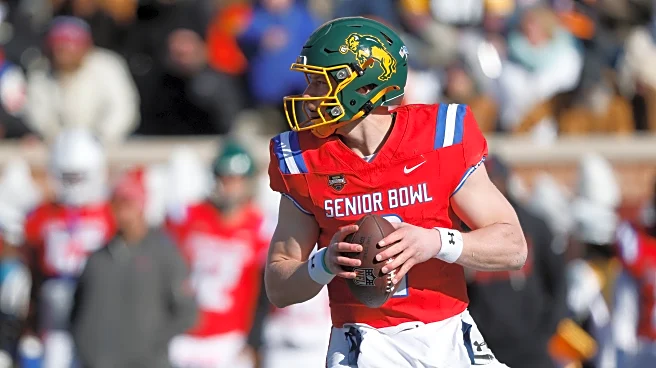Rapid Read • 8 min read
Governor JB Pritzker and Democratic legislative leaders have expressed dissatisfaction with State Farm's decision to increase homeowners' insurance rates by over 27% for approximately 1.5 million policyholders in Illinois. This rate hike, one of the largest in the company's history, is expected to add around $750 annually to the cost for each policyholder. State Farm attributes the increase to extreme weather conditions and rising repair costs due to inflation. The company has reported financial losses in 13 of the past 15 years, largely due to severe weather incidents. Last year alone, State Farm paid out more than $638 million in hail damage claims in Illinois, second only to Texas. Despite the governor's criticism, Illinois lacks regulatory mechanisms to prevent such insurance rate hikes, a situation influenced by lobbying efforts from the insurance industry.
AD
The insurance rate hike by State Farm is significant as it affects a substantial portion of Illinois homeowners, potentially straining household budgets. The increase highlights broader issues of climate-related financial impacts and the rising costs of repairs due to inflation. Governor Pritzker's criticism underscores the tension between state leadership and major insurers, reflecting concerns over consumer protection and affordability. The lack of regulatory oversight in Illinois for insurance rate hikes points to potential vulnerabilities in consumer rights and market competition. This development may prompt policy discussions on how to better regulate insurance practices and protect consumers from steep rate increases.
As State Farm's rate increases take effect on August 15, affected policyholders may seek alternative insurance options, potentially impacting State Farm's market share in Illinois. The governor's criticism could lead to legislative efforts aimed at increasing oversight and regulation of insurance rate hikes. Additionally, the ongoing financial strain from rising insurance and utility costs may drive broader discussions on consumer protection and affordability in Illinois. Stakeholders, including lawmakers and consumer advocacy groups, may push for reforms to address these issues and provide relief to affected residents.
The situation with State Farm's rate hikes reflects broader challenges in balancing corporate interests with consumer protection in the insurance industry. It raises ethical questions about the responsibility of insurers to manage risks without disproportionately burdening policyholders. The impact of climate change on insurance costs also highlights the need for sustainable practices and policies to mitigate financial risks associated with extreme weather events. Long-term, this could lead to shifts in how insurance companies assess and manage climate-related risks, potentially influencing industry standards and practices.
AD
More Stories You Might Enjoy












